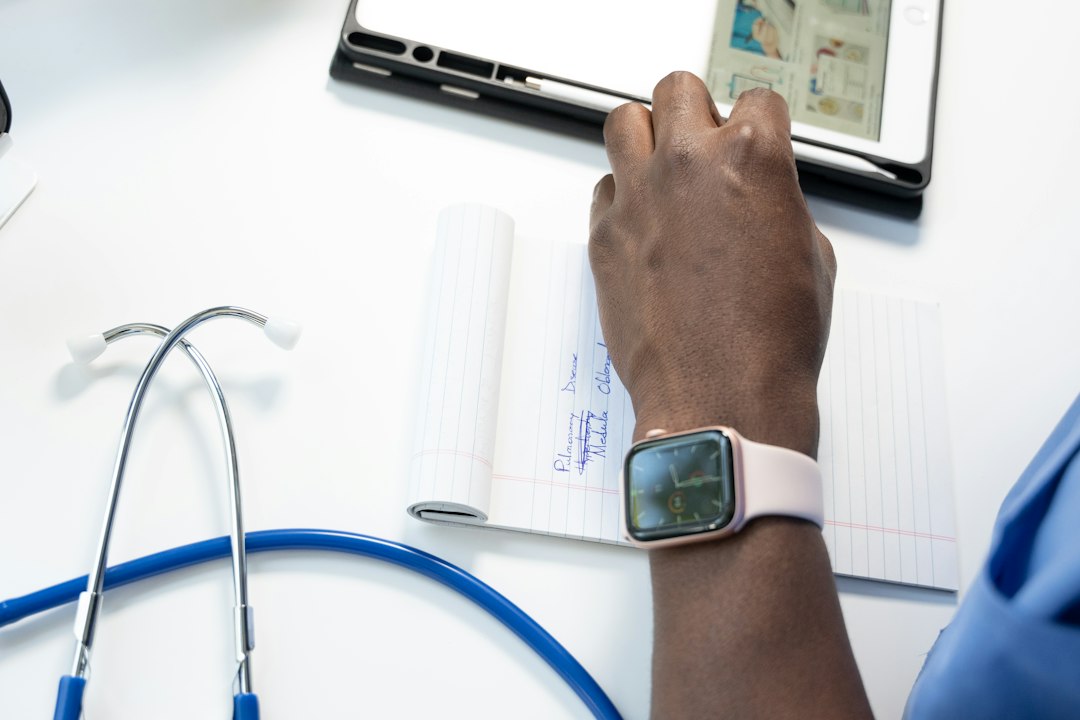Ensuring Access to Clean Water: The Key to Health and Prosperity
Access to clean water is a fundamental human right that is crucial for maintaining good health and promoting overall prosperity. Without this basic necessity, the consequences can be dire, affecting not only individuals but also entire communities and nations. One key aspect that further demonstrates the significance of clean water is its connection to medical bill assistance, as access to clean water can significantly reduce the burden of healthcare expenses.
Clean water is vital for maintaining public health, as it plays a vital role in preventing the spread of diseases. According to the World Health Organization (WHO), approximately 2.2 billion people around the world do not have access to safely managed drinking water services. In regions where clean water is scarce, people are forced to use contaminated water sources, leading to the outbreak of waterborne diseases such as diarrhea, cholera, and typhoid fever. The lack of clean water increases the risk of infections and diseases, resulting in increased medical bills and the financial strain for individuals and families.
Inadequate access to clean water also has economic implications, affecting education and productivity. In many developing countries, children, especially girls, are responsible for fetching water, often spending hours walking long distances to collect water from unsafe sources. This time-consuming chore prevents children from attending school regularly, hindering their ability to gain an education and break the cycle of poverty. Furthermore, adults who spend significant time collecting water cannot dedicate themselves fully to work or other income-generating activities, limiting their economic potential and perpetuating poverty.
By ensuring access to clean water, societies can alleviate the burden of medical bills and medical bill assistance programs. Clean water reduces the prevalence of waterborne diseases, leading to fewer visits to healthcare facilities and decreased healthcare expenses. This has a substantial impact on both individuals and governments. Individuals can save money on healthcare costs, allowing them to allocate their resources to other important needs such as education, nutrition, or securing a better future for their families. Governments, on the other hand, can invest the saved funds in improving healthcare infrastructure, implementing preventive health measures, and facilitating medical bill assistance programs for vulnerable populations.
To ensure access to clean water, governments, humanitarian organizations, and communities need to work together. Efforts should be focused on improving water infrastructure, implementing proper sanitation practices, and promoting hygiene education. Additionally, innovative and sustainable solutions, such as rainwater harvesting or water purification technologies, can be implemented to overcome water scarcity challenges in some regions.
In conclusion, access to clean water is undeniably crucial for the health and prosperity of individuals and communities. The connection between clean water and medical bill assistance further highlights its significance. By investing in clean water infrastructure, promoting sanitation practices, and providing education, societies can reduce the burden of medical bills, uplift communities, and pave the way for a healthier, more equitable future for all.

